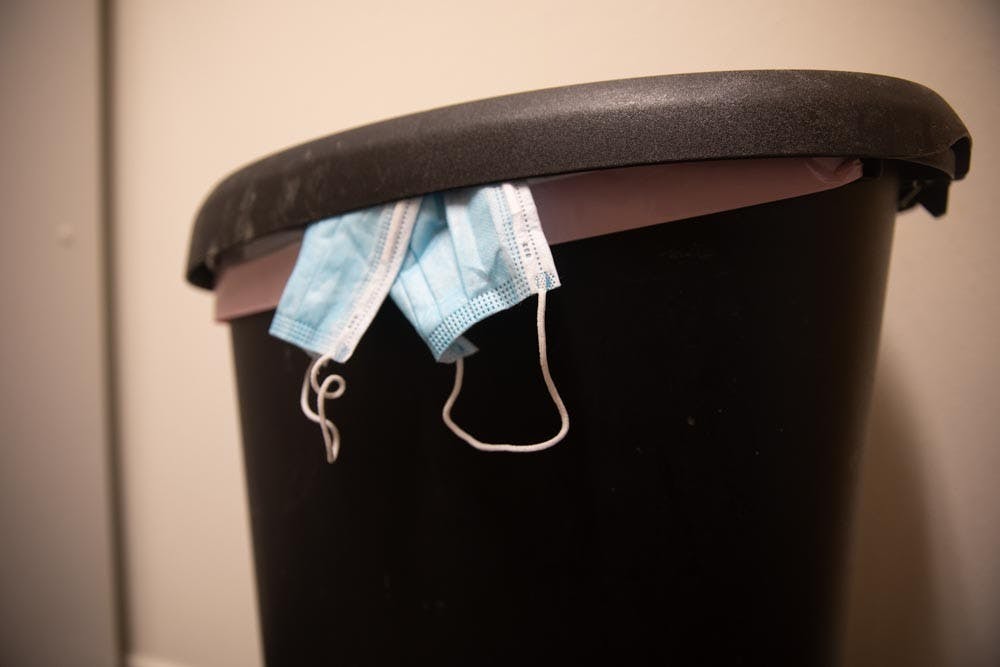On March 7, Orange County lifted its mask mandate, making face coverings no longer required in public indoor spaces.
The effect was immediately obvious on UNC's campus. Spaces like the Student Union, libraries and classrooms were filled with maskless students and faculty.
It was the most apparent sign to date that things were returning to “normal.” It seemed like the COVID-19 pandemic, which started almost exactly two years prior, was finally starting to become a distant memory. With daily viral infection, hospitalization and death rates declining in the past month, this sentiment seemed to be well supported.
However, there are still concerns about whether it was too early to lift these pandemic measures, especially since many parts of the world continue to see a rise in COVID-19 cases again, due in large part to the omicron BA.2 subvariant.
With cases rising in the United Kingdom and Germany, countries whose COVID-19 waves the United States' own waves have mimicked in the past, there is growing concern about whether we've truly left the pandemic behind — or if we've let our guard down too early.
For people who have an increased risk of infection or hospitalization, such as those who are immunocompromised or have other preexisting health conditions, the signs seem troubling, especially since most maskless individuals seemingly don’t care anymore.
On the other hand, many people are tired of the pandemic disrupting their everyday lives. After nearly two years being stuck in an endless cycle of outbreaks, many want a return to normalcy.
So, what should we do?
Should we reinstate restrictions to reduce the chances of another wave, but lose a lot of the daily aspects of life that we are enjoying again? Or should we try to keep course and hope that any future outbreak won’t be as harmful as prior outbreaks?



